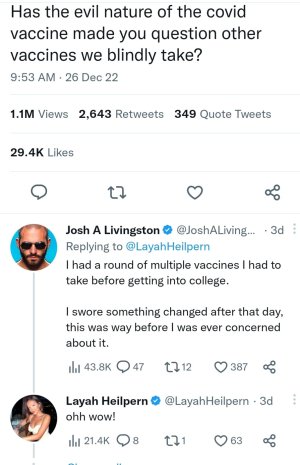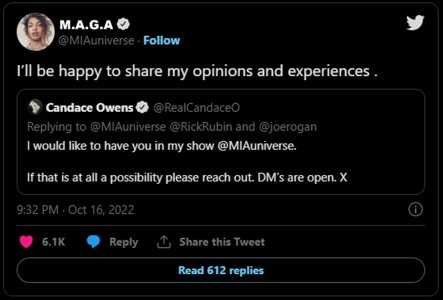First, like others said, you're being reasonable and trying to find the right balance, which I think is as much anyone can ask of anyone else.
There are a couple points that I wanted to bring up. One is that it's ok if you're young and healthy because your risk is low. We're in the 3rd month of Covid-19 and still this type of thinking persists. It is completely reasonable and intuitive. Like you point out, we take on the risk of many others things in life using the same approach. I hang from the rim in basketball knowing I'm not going to break a hip on the way done. Someone 80 years old may not want to take that risk.
But, as you say, this is different. This virus is not intuitive. Our only natural intuition is to avoid sick people, but we can't do that with this virus, because people spread it before they are symptomatic. It's also a dangerous game to say that all young people can get it but we will protect the old. The jury is out on this. Why? Because we can't avoid old people. They interact with healthcare workers. They need food, which either means they have to leave the house or someone has to bring it to them. They need human contact and are prone to loneliness and depression even more than we are. And all it takes is one lapse, one break in this invisible wall we want to put up between old people and the rest of us, and now they're compromised. Sure, we can do our best, and that's better than nothing, but the best measure we have is to reduce the overall viral burden in the society. This means reducing the number of people who are infected, whether young or old, healthy or not.
Now, I understand that we are sacrificing a lot in terms of finances and social activities, and it is not at all unreasonable to strike a balance between maintaining those and losing some people. And, as a nation, we have made it pretty clear that we're not capable (ready? mature?) of doing what South Korea or Taiwan is doing, so complete containment is not an option. So we must find the right balance that we can tolerate. But we have to acknowledge one fact: that we are ok with people dying. And we have to acknowledge a second fact: that, no matter what strategy we choose, we are going to exact a toll on society, whether through lost jobs, lose lives, or lifestyle changes. Those two facts are inevitable. And this is where government is supposed to step in, but that's a different story for now.
Another point -- you bring up "the narrative." Sadly we have seen a lot of problems going in both directions with this, but we've also seen the opposite. We've seen people say we're being hysterical when we said this is more dangerous than the flu, that it would spread to millions in a few weeks, that it could cause weird and deadly syndromes in children and in healthy people, etc etc. We've seen some questionable reporting of deaths and cases by states and countries in order to hide just how bad the pandemic is for them. And some of the worry, for example NYC running out of hospital beds, was avoided only because people worried. So it's been a two-way street. The answer is we need to all be a bit more measured, we need to take things with a grain of salt and not jump on the first shocking case report we read about. At this point in the game, we have a fairly good idea of what this virus is and where we are headed.


 i ended up grabbing the item and moved on
i ended up grabbing the item and moved on



































